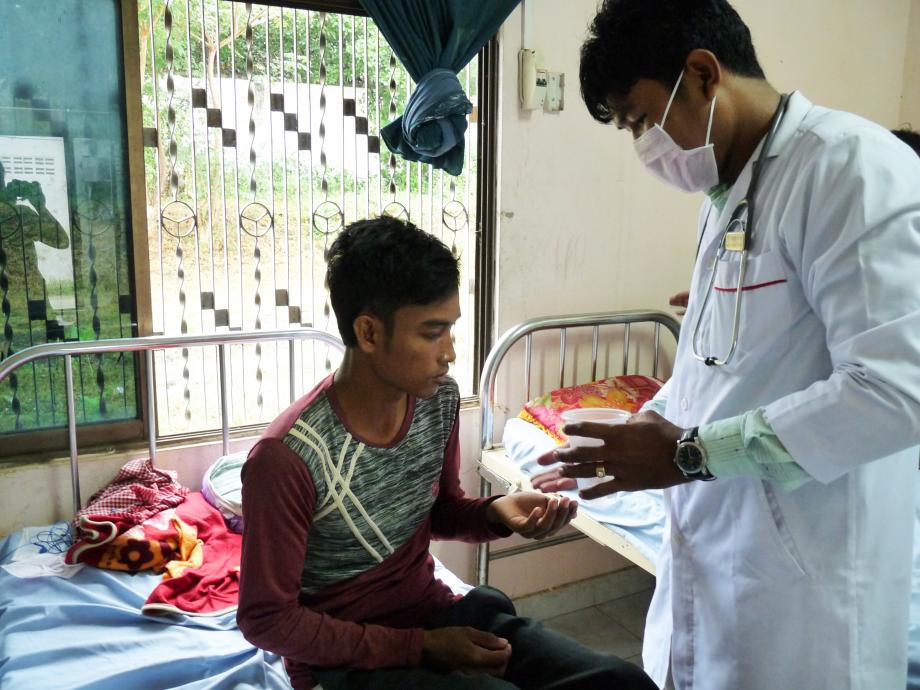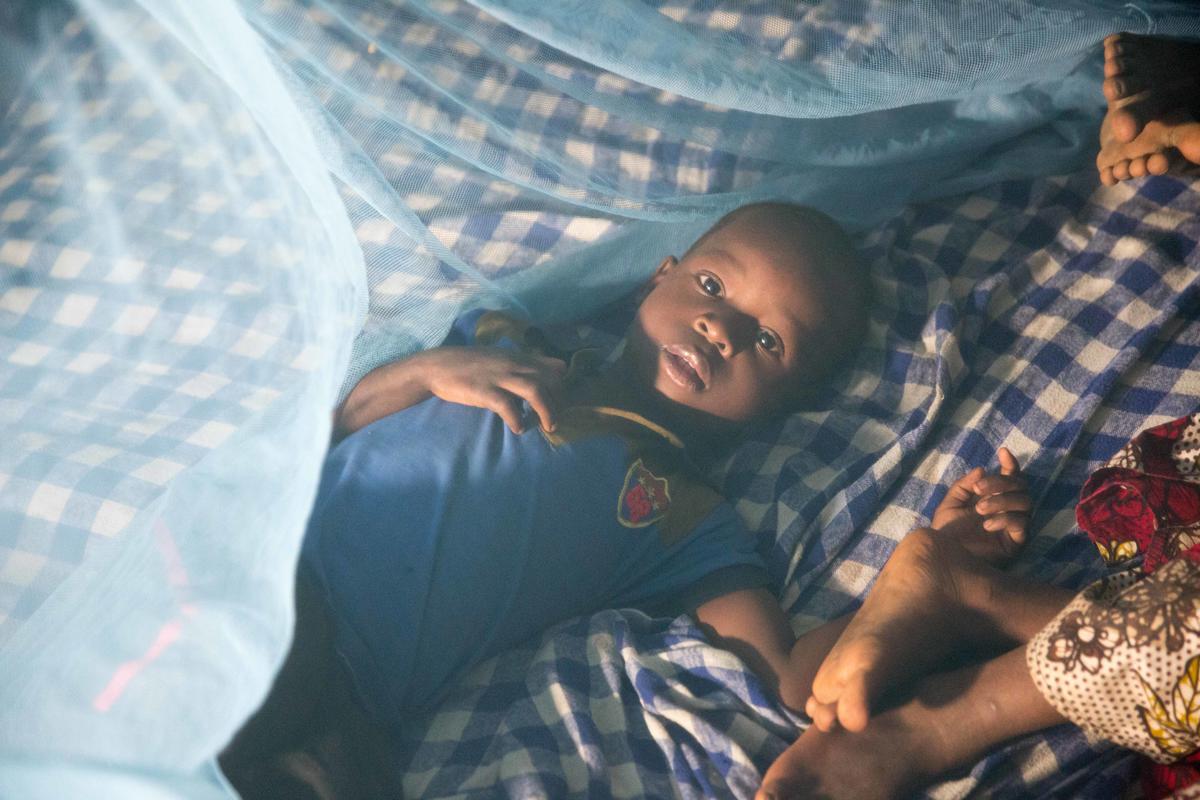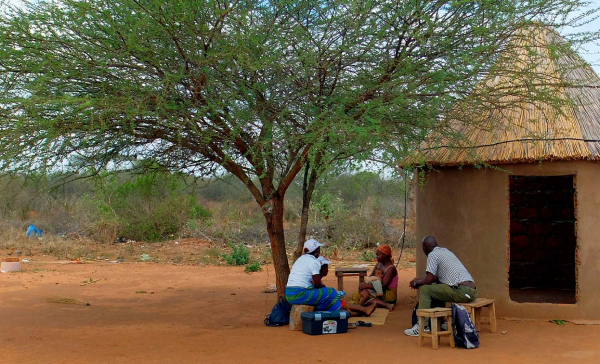The problem
In 2021 when this project began, an estimated 77 million children in Africa contracted malaria, and nearly half a million died. With their fragile immune systems, children under five experience the most severe cases of malaria. The World Health Organization recommends perennial malaria chemoprevention (PMC), which involves administering antimalarial medicines to children in their early years of life. PMC can significantly reduce malaria risks in a child’s most vulnerable years, but implementation questions, logistical challenges, insufficient resources and a limited evidence base have slowed the uptake of the intervention.
Our response
Led by Population Services International (PSI), the Plus Project is working with national malaria programs in Benin, Cameroon, Côte d’Ivoire and Mozambique to design and evaluate ways to deliver PMC to all children under two years. Through a robust package of research into policy receptivity, process, impact, economic evaluations and suitability studies on the key drug used in PMC, the Plus Project aims to develop proven and cost-effective implementation models that can be scaled up across Africa. Additional research in the Democratic Republic of Congo, Ghana, and Zambia is investigating policy adoption, economic modeling, and resistance mapping to generate evidence for these countries and beyond.





